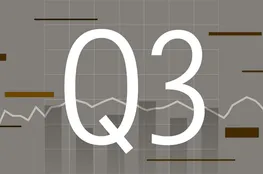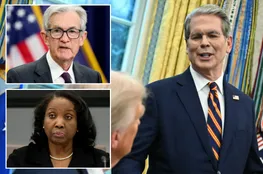Gold prices reached a historic milestone on Friday, surging past $2,700 per ounce for the first time. The precious metal is drawing significant attention as a safe-haven asset in the wake of heightened geopolitical tensions following the death of Yahya Sinwar, a prominent Hamas leader. This escalation has further fueled gold's upward trajectory in 2024, already driven by longstanding unrest in the Middle East region. On Friday, gold futures climbed by as much as 1% to hit $2,720 an ounce, a reaction attributed to renewed concerns over increasing geopolitical instability.
Analysts from ING have observed that the current market dynamics reflect investor apprehension following Israel's declaration to persist in military actions, contrary to US President Joe Biden's calls for de-escalation. Gold has been treated as a hedge against geopolitical risks throughout the year, signaling investors' preference for safety. "In response to Israel announcing the killing of Hamas leader Yahya Sinwar, and Prime Minister Benjamin Netanyahu's commitment to ongoing military efforts until Hamas-restrained hostages are released, investors are gravitating towards the stability of gold," they commented.
The situation is compounded by Hezbollah's vow to continue fighting post-Sinwar's death, as reported by Reuters, and Iran's affirmation of a heightened "spirit of resistance" in a statement to the UN. Alex Kutsikevich, a senior market analyst at FXPro, mentioned an unusual trend: gold's 2% increase this week synchronized with the dollar's rise, a rare occurrence given their typical inverse correlation. He explained that both assets tend to appreciate simultaneously during periods of acute defensive asset demand, typically triggered by geopolitical upheavals.
Additionally, macroeconomic factors are influencing the market as investors keenly observe potential shifts in interest rates, with gold standing to gain from any reduction in borrowing costs, given its non-interest-yielding nature. The market's momentum is further bolstered by substantial central bank purchases and vigorous demand across Asia, according to ING's insights.
























